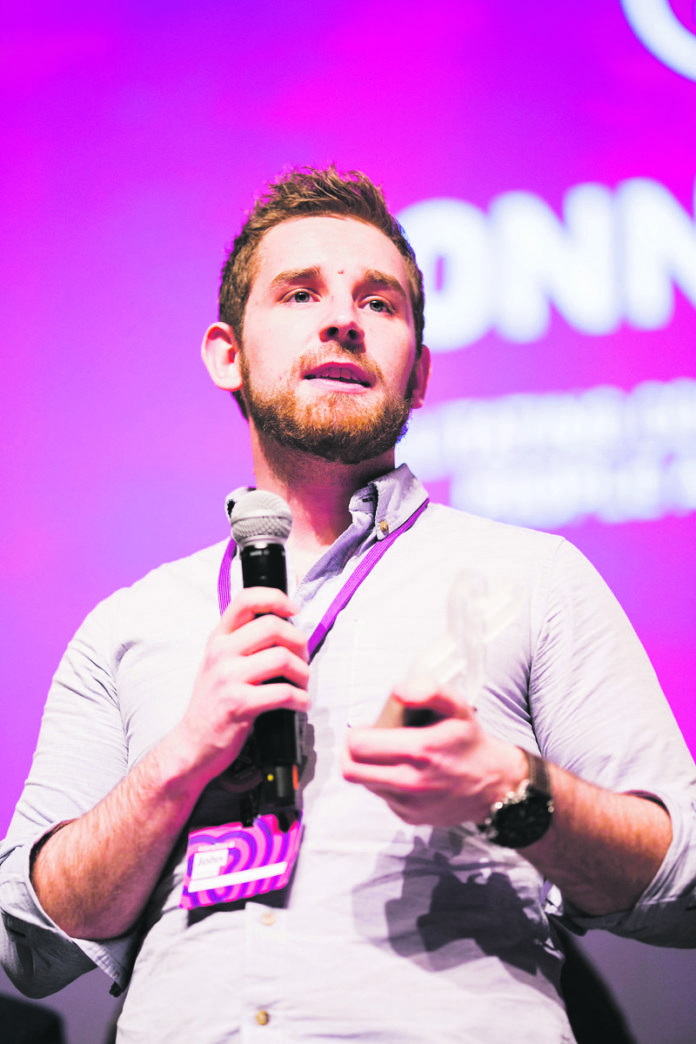
CURRENT methods of communication between citizens and their public representatives and institutions are broken and there isn’t enough of an emphasis on engaging the disenfranchised.
That is the view of Raheen native John Buckley and his colleagues at Fronted.com, a Dublin-based design consultancy who have spent the past year researching the role of design in civic disillusionment with government.
Speaking at the TicTec conference in Lisbon this week, he argued that technological solutions could help reverse the decline in public trust by opening direct, constructive communication channels between citizens and policymakers.
“Millennials, in particular, tweet at multinational corporations and expect a reply within the hour. Or order pizza at the tap of a button. Over time, these technological advances have an impact on our environment and our expectations,” John told the Limerick Post from Lisbon this week.
“Government’s haven’t keep up with this fast pace of change and so people feel more disconnected. This is not good for, what is purposed to be, the most outward looking institution in our society,” he argued.
Most people, he believes, feel excluded from the process, until they are cynically asked for their vote every four or five years, and then return to the fringes.
John is best known to Limerick Post readers as the co-founder of local volunteer non-profit Serve the City Limerick. More recently he has also taken on the role of lecturer in Human-Computer Interaction at the University of Limerick.
He was speaking at the Lisbon conference in his capacity as Experience Designer at UX design consultancy, Fronted.com.
“Getting the opportunity to speak directly to civic technology practitioners in this forum is so powerful. TicTec is widely credited as being the most important civic tech conference in the world, so if there is any place to lay out your argument and vision – it’s here.”
Other speakers at this year’s conference include representatives of numerous governments, international think-tanks, non-governmental organisations and technology platforms such as Facebook and Google.
“Government’s all over the world are beginning to invite citizens to be part of the process. Change is slow but it’s happening. We’ve created these principles to nudge that change in the right direction,” he concluded.
by Alan Jacques









